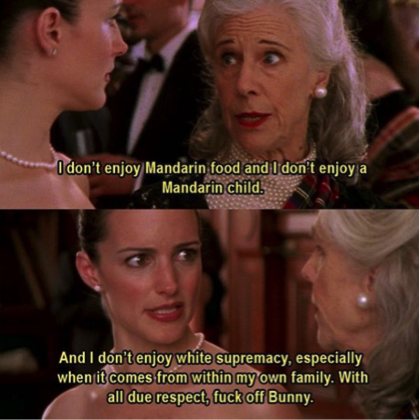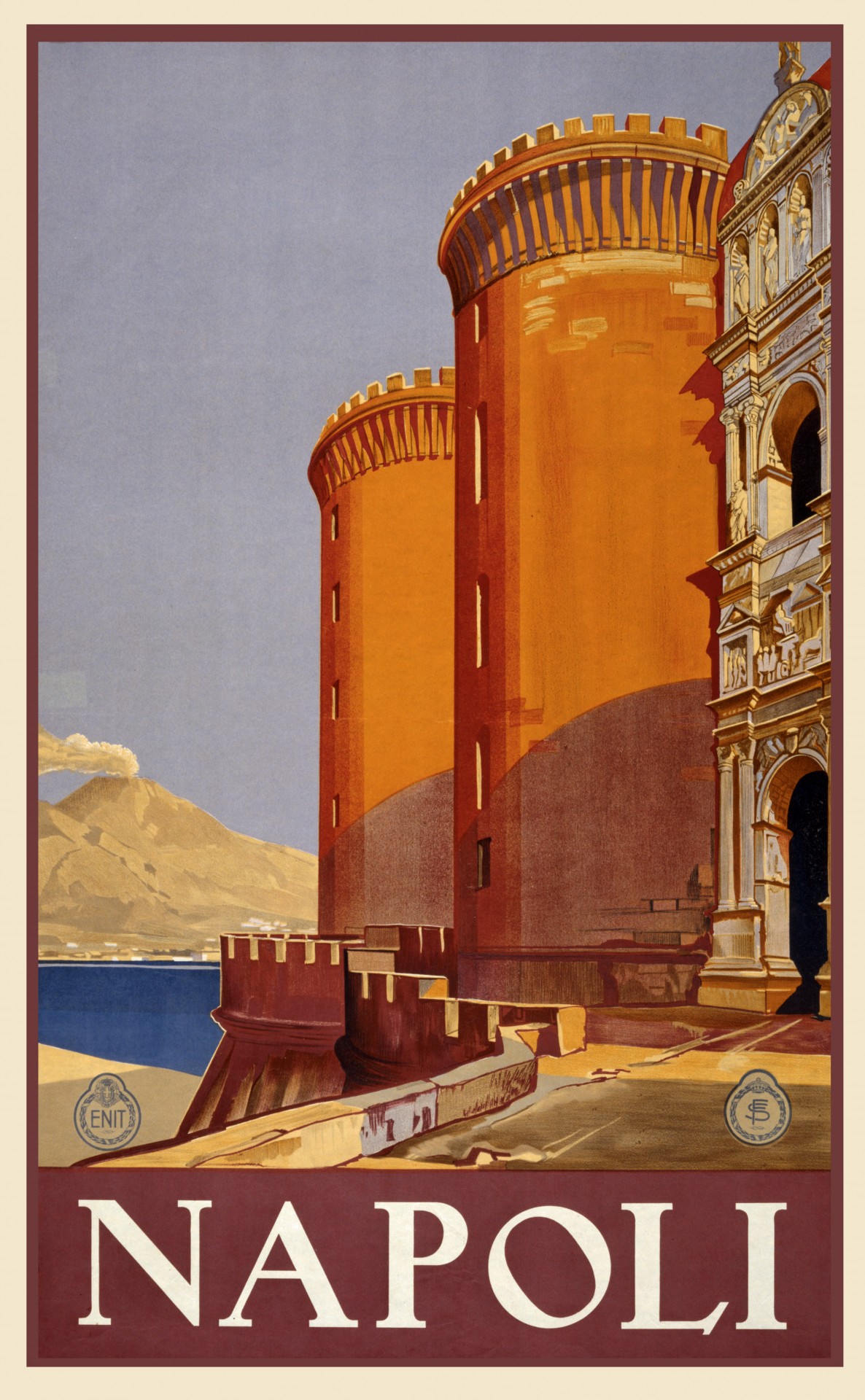Slow Burn
Slow Burn, Volume 4
Crown Heights, Brooklyn
Earlier this year, I came up with the best idea I have ever had: a web series to be called Stoned Herstory. It is what it sounds like, but even better. In the cult web-turned-Comedy-Central series Drunk History, comedians studied up on Nikola Tesla or Frederick Douglass, then got wasted and adlibbed crackpot disquisitions that were in turn dramatized in Monty Python-style vignettes. Stoned Herstory would improve upon perfection not only by upgrading to weed and women, but by taking a different approach to the basic premise of the original, which was that learning history is hard, and even when you get it, you're liable to fuck it up at the drop of a glass. Drunk History had treated the uncanny existence of the historical past as itself a kind of hallucinatory joke. Stoned Herstory, on the other hand, would be extremely funny but also dead serious: it would be about what happened when you had a burning need to know how we collectively got here, yet found the process of accessing this understanding to be much like joking, or dreaming.
I got my friends to say we could do it. Then I got them say we could really do it. Then a wise collaborator actually bothered to google "stoned herstory," which of course turned out to have been done before—badly, but irrevocably. "It's not too late," I said. "Ours will be different. Ours will be like Godard." I had just seen D.A. Pennebaker and Jean-Luc Godard's 1972 film One P.M.—in which movement intellectuals like Eldridge Cleaver and Tom Hayden riff hypnotically on racial capitalism or Vietnam—and was feeling inspired. "I hear what you're saying," said my very patient roommate. "But I'm not sure 'become Godard' can just be your Plan B." And so, a historically great idea was laid to rest.
In its wake, I was left wondering why had I become obsessed with this conceit—how a gimmick had tumbled into a real desire—and realized I was feeling desperate to disseminate images of women thinking out loud. What do women look like when we're thinking, anyway—and particularly when we're engaged in the act of what used to be called consciousness raising, thinking about our lives in historical perspective, and thinking about history as a way of understanding our lives? How is the craving for such images produced and commodified? Must it fold in on itself, the problem of seeing ourselves—our chins, our breasts, our hair—compounding the difficulty of raising our consciousness in the first place?
This isn't far from the concept behind the Slow Burn, Post45's annual experiment in serialized, collaborative critical writing, which for the past three summers has tried to capture the process of criticism in motion. Each year, the Slow Burn has organized a group of writers to document their engagement with a long, dense, contemporary text—Elena Ferrante's Neapolitan novels, Karl Ove Knausgaard's My Struggle, the 2017 revival of Twin Peaks—in real time, before they know how the story ends. Their well-chosen texts have lent themselves generously to this kind of reading. Ferrante's tetralogy, for instance, is itself a record of two women thinking together, and watching each other think—heroically, meanderingly, brutally—over the decades, as their city, Naples, is transformed by the shocks of history.
All of which is to say that when I was asked this year if I wanted to run this summer's Slow Burn, I found myself asking in turn, "Okay can it be a series of video diaries documenting the experience of watching Sex and the City for the first time in order to assess Cynthia Nixon as candidate for governor of New York?"
*
A "bad object," in the lingo of cultural studies, usually denotes a work of art or pop that a critic finds herself aesthetically attached to but politically conflicted about, particularly when it is her own subject position that is undermined by the attachment. Sex and the City—which debuted on HBO in 1998, and has recently spawned a host of critical (and not-so-critical) reflections on the occasion of its twentieth birthday—is a high-ranking bad object for a whole subculture of feminist fans; note, for instance, the popular "Woke Charlotte" meme, which imagines what SATC would look like if its resident priggish WASP underwent a political education.
For me, though, SATC had been a different kind of bad object: one that I was so concerned would hurt me that, other than a few episodes watched anxiously from a friend's air mattress one night in college, I avoided it altogether. As I understood it, the show was a commercial for a new New York—a glistening GiulianiLand—and the women who belonged there, and it cast an ominous cloud over my own aspiration to get to the city and somehow slip myself into an older one. I don't, however, wish to cast this refusal as a point of pride. Rather, I see it pointing to a blind spot, a denial of the ways the show interpellated me regardless of whether I watched it or wanted it—a bit, perhaps, in the way that serving as an agent of gentrification is often a role not experienced as agential. What, then, would it mean to go back to it now?
At the same time, what does it mean that Nixon, a longtime New York City activist who in March announced her run as a progressive challenger to incumbent governor Andrew Cuomo, is bringing us all back? Over the past few weeks, Nixon has gone from a candidate whose past on Sex and the City made it embarrassing for some observers to take her political objectives seriously, to one whose ahead-of-the-curve positions in the midst of a deepening political crisis—she called early to abolish ICE, and to support Alexandria Ocasio-Cortez's bid for Congress—have prompted fans to retroactively cast Miranda, the sardonic pragmatist she played on SATC, as always already a politician.
carrie: i couldn't help but wonder...did Mr. Big have Mr. Big Dick Energy?
samantha: is there any other kind of energy?
charlotte: big chick energy before big dick energy
miranda: i will fix the MTA— Sammy Nickalls 🧚♀️ (@sammynickalls) June 26, 2018
Nixon's campaign knows this, too, but it must navigate an awkward question: how to recuperate SATC's elegant urbanism in a bid against the neoliberal New York for which the show had served as a ticker-tape parade?
As they say on television: I couldn't help but wonder.
Now, a season-and-change into the show, I can confirm that it is awfully fun, totally fucked up, and off the charts both in its single-minded pursuit of visual pleasure, and in its commitment to surveying the philosophy of love via discourse only lightly dusted with drama, as though Pedro Almodóvar had disguised Plato's Symposium as a soap opera. In other words, it is nothing if not a show about the thrill of watching women think out loud—though not, for reasons we shall investigate in our Slow Burn, getting very far. Over the next few months, Lakshmi Padmanabhan, Ned Riseley, and Andrea Long Chu—would-be Stoned Herstory alumnae, Sex and the City virgins, and brilliant writers all—will join me in trying to get a little further.
Lakshmi Padmanabhan is a writer and curator based in Brooklyn. She received her PhD from Brown University and will be a Junior Fellow at the Dartmouth Society of Fellows starting in Fall 2018. You can read her writing in Women & Performance and the New Review of Film & Television Studies. She avoided watching Sex and the City because of a fear of straight white women.
Ned Riseley is a writer, actor, and comedian who appears regularly as half of the duo Friends Who Folk at venues like Union Hall, UCB, and Caveat, and has acted everywhere from Broadway to Montana. He has never watched Sex and the City because he already had The Real Housewives of New York City.
Andrea Long Chu is a writer, critic, and doctoral candidate living in Brooklyn. Her work has appeared, or will soon, in n+1, Artforum, Bookforum, Boston Review, The New Inquiry, differences, Women & Performance, TSQ, and Journal of Speculative Philosophy. Andrea's been avoiding Sex and the City because she thinks you can have too many shoes actually.We have not, in the end, decided to approach this entire series via video diary, but do expect surprises, as well as cameos. For now, we Sex columnists will operate more like, well, sex columnists—a special kind of critic you are encouraged, as SATC taught us, to picture gazing pensively at our laptops, perhaps slip-clad, thinking out loud.

Ivan Ramos (Guest Post), October 1
Audrey Wollen (Guest Post), October 22
*
The Slow Burn, volume 4, will run in this space all summer. Previous summers can still be found on Post45:
2015: A Summer of Elena Ferrante's Neapolitan Novels - Sarah Chihaya, Merve Emre, Katherine Hill, and Jill Richards
2016: Summer of Knausgaard - Diana Hamilton, Dan Sinykin, Cecily Swanson, and Omari Weekes
2017: Welcome (back) to Twin Peaks - Michaela Bronstein, Len Gutkin, and Benjamin Parker



